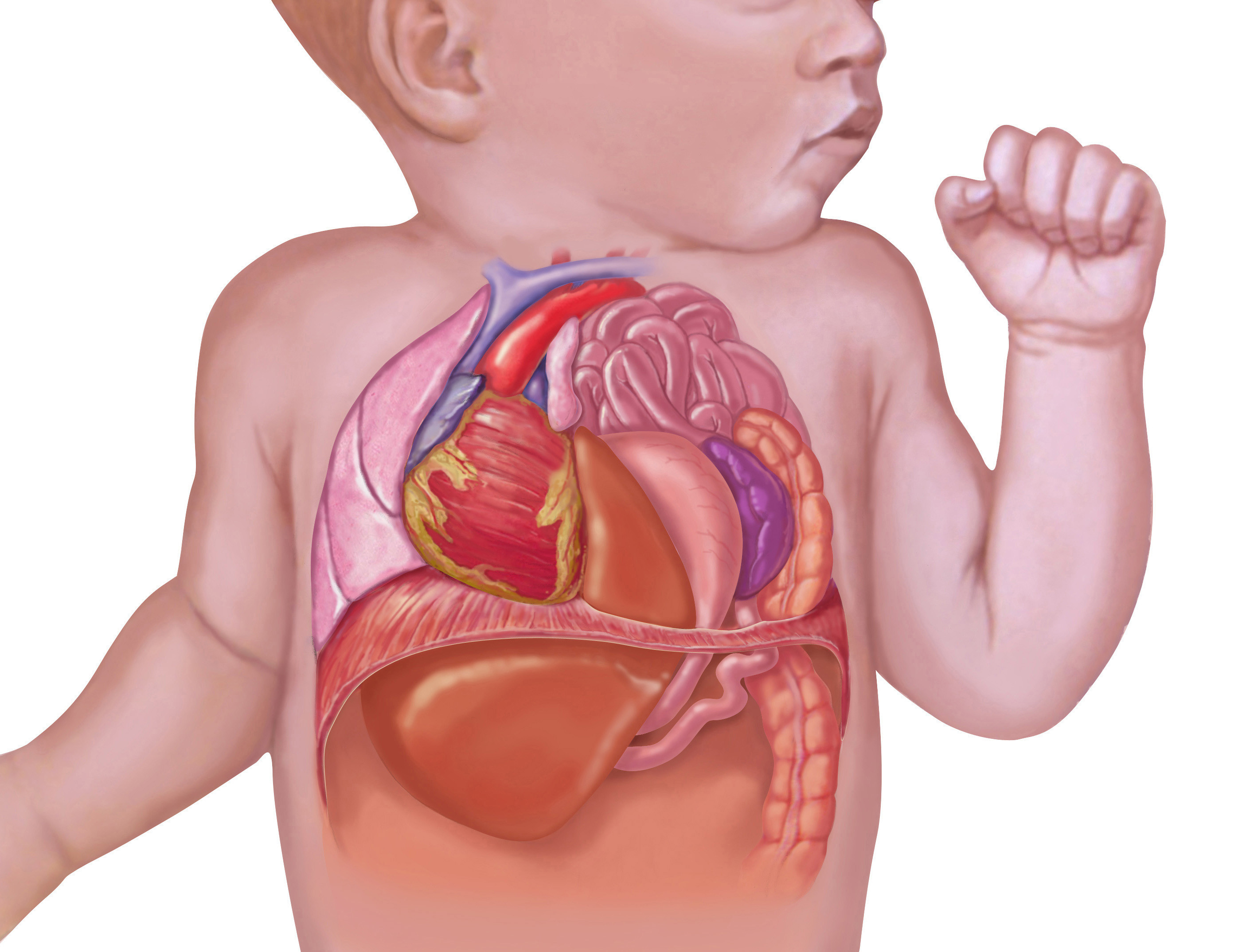Definition
Vomiting, or vomitus, is defined as the forceful expulsion of stomach contents through the mouth. This expulsion can include food, fluids, or secretions from glands in the digestive tract. It's important to note that vomiting is not a disease but a symptom that can occur due to various conditions.
Some common conditions that can cause vomiting include early pregnancy, motion sickness, emotional stress, food poisoning, infections, and overeating. In general, vomiting is not usually a dangerous occurrence. However, it can sometimes be a sign or symptom of a serious condition such as meningitis, appendicitis, gastrointestinal obstruction, head trauma, or brain tumors.
Causes
The causes of vomiting vary according to age groups. In children, vomiting is primarily caused by viral infections, food poisoning, milk allergies, motion sickness, overeating, coughing, or gastrointestinal obstruction. These conditions are often accompanied by other symptoms such as high fever. Additionally, psychogenic or mental factors can contribute to vomiting in children, such as feeling scared or stressed.
The timing of vomiting can provide clues to its cause. If vomiting occurs immediately after eating, it may be caused by food poisoning, inflammation of the stomach (gastritis), or eating disorders such as bulimia. If vomiting occurs one to eight hours after eating, it may indicate food poisoning. However, in cases of food poisoning caused by Salmonella spp., symptoms may not manifest until 72 hours after consuming contaminated food.
Risk Factor
The risk factors for vomiting vary depending on the underlying causes and can occur at any age, from children to adults. Approximately 50-90% of pregnant women in the early stages of pregnancy are at risk of experiencing vomiting, commonly referred to as morning sickness. Additionally, patients undergoing chemotherapy are at high risk of vomiting as a side effect of treatment. Other factors that contribute to the risk of vomiting include gastritis, gastroenteritis, and consuming oily or sweet foods.
Symptoms
Vomiting, also known as emesis, is characterized by the forceful expulsion of stomach contents, including food or fluid, through the mouth. It often involves contractions of the abdominal muscles. Importantly, vomiting is a symptom rather than a disease itself. Depending on the underlying condition causing it, vomiting can be accompanied by other symptoms.
Diagnosis
Vomiting is a symptom or sign of underlying causes. To establish a diagnosis, the doctor will typically inquire about the timing of the vomiting, accompanying symptoms, past medical history, and questions related to possible underlying diseases causing the vomiting. Additionally, the doctor will perform a physical examination by palpating, percussing, and auscultating your abdomen. If necessary, further investigations may be conducted as indicated by the suspected underlying disease. These investigations may include laboratory tests, endoscopy, or radiological examinations such as CT scans.
Management
Treating vomiting at home can involve several methods, regardless of the underlying cause or age:
- Hydration: Drink water gradually in larger amounts to replace lost fluids due to vomiting. Opt for electrolyte-rich water to replenish electrolytes lost during vomiting.
- Dietary adjustments: Avoid consuming hard-textured foods until vomiting subsides, as they can irritate the stomach and trigger further vomiting. Instead, consume small but frequent meals. Avoid oily and overly sweet foods, and consider incorporating foods containing ginger, which can provide comfort to the stomach.
- Nutrient intake: Choose foods that you can tolerate to ensure you still receive enough nutrients despite vomiting. Focus on bland, easily digestible options like crackers, toast, rice, or bananas.
- Rest: Ensure you get enough rest to aid in recovery.
- Morning sickness: Pregnant women experiencing morning sickness can try consuming biscuits upon waking up or protein-rich snacks before bedtime to maintain adequate nutrition for both the fetus and the mother.
For vomiting related to cancer therapy, doctors often prescribe medications to reduce nausea and vomiting as part of a comprehensive treatment plan.
Complications
While vomiting is generally not dangerous, frequent and excessive vomiting can lead to complications such as dehydration and electrolyte imbalance. It's essential to ensure that your body's fluid needs are adequately met to prevent these complications.
In adults, dehydration can be recognized by symptoms such as increased thirst, sunken eyes, dry mouth, elevated heart rate, or rapid breathing. However, children may not be able to communicate their symptoms of dehydration as effectively, putting them at higher risk. Therefore, it's crucial to monitor children closely for signs of dehydration and promptly address any concerns to prevent complications.
In addition to dehydration, vomiting can also result in malnutrition. Continuous vomiting prevents the body from receiving essential nutrients from food, potentially leading to nutritional deficiencies over time.
Prevention
To prevent vomiting, adjust your diet and be aware of the risk factors that can cause vomiting. If you have a stomach disorder, avoid consuming foods that can increase stomach acid and cause reflux into the esophagus, such as sweet or oily foods. After eating, wait 2-3 hours before lying down to reduce the risk of vomiting.
When to see a doctor?
Immediately contact a doctor if you experience any of the following conditions:
- Vomiting persists for more than a few days, or if home treatment is unsuccessful and signs of dehydration occur.
- There is a possibility of pregnancy to ensure symptoms do not interfere with the pregnancy process and fetal development.
- A history of head injury or infection that may be causing vomiting.
- In adults, vomiting lasts for more than one day, diarrhea and vomiting is lasting more than 24 hours, or signs of dehydration are present.
- Infants and children under 6 years old experience vomiting for more than a few hours, accompanied by diarrhea, signs of dehydration, fever, or if the child does not urinate for 4-6 hours.
- Presence of blood in vomit (bright red or coffee ground-like material), a stiff neck, decreased consciousness and confusion, severe abdominal pain, vomiting accompanied by diarrhea, rapid breathing, or an elevated pulse rate.
- dr Ayu Munawaroh, MKK
WebMD (2020. Nausea and Vomiting - Common Causes and How To Treat It. Diakses pada 20 Januari 2022, dari https://www.webmd.com/digestive-disorders/digestive-diseases-nausea-vomiting.
Healthline (2019). Vomiting. Diakses pada 20 Januari 2022, dari https://www.healthline.com/health/vomiting.
Prescriber (2017). Causes and treatment of nausea and vomiting. Available from: prescriber.co.uk.












